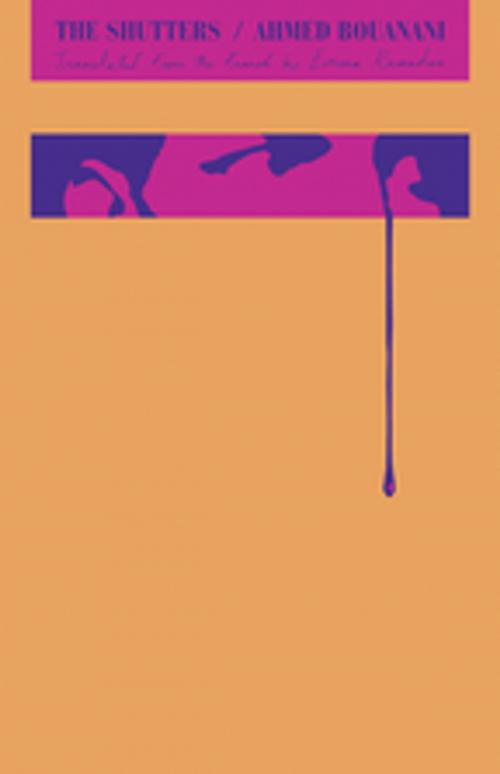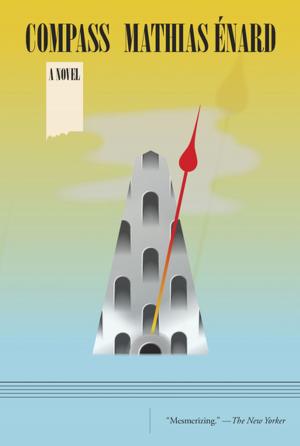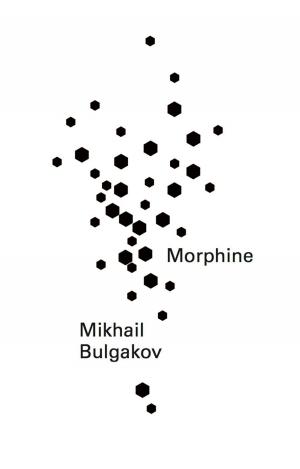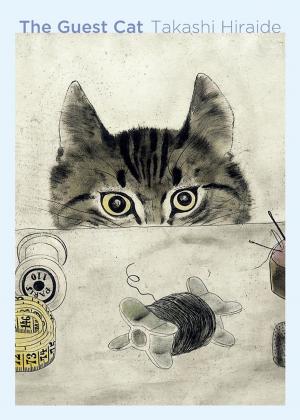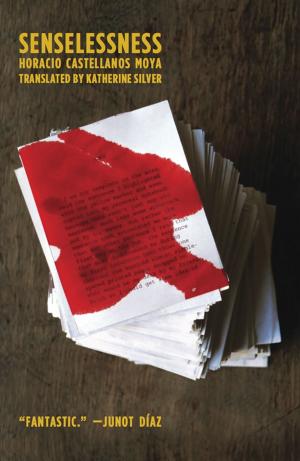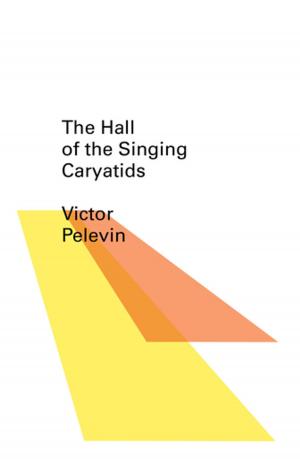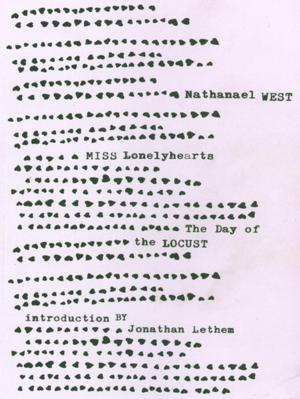| Author: | Ahmed Bouanani | ISBN: | 9780811227858 |
| Publisher: | New Directions | Publication: | June 26, 2018 |
| Imprint: | New Directions | Language: | English |
| Author: | Ahmed Bouanani |
| ISBN: | 9780811227858 |
| Publisher: | New Directions |
| Publication: | June 26, 2018 |
| Imprint: | New Directions |
| Language: | English |
This surreal poetry maps Morocco’s cultural history, as Bouanani hauntingly evokes all of the violence inflicted on his country
The Shutters collects the two most important poetry collections—"The Shutters" and "Photograms"—by the legendary Moroccan writer Ahmed Bouanani. By intertwining myth and tradition with the familiar objects and smells of his lived present, Bouanani reconstructs vivid images of Morocco's past. He weaves together references to the Second World War, the Spanish and French protectorates, the Rif War, dead soldiers, prisoners, and poets screaming in their tombs with mouths full of dirt. His poetry, written in an imposed language with a "strange alphabet," bravely confronts the violence of his country's history—particularly during the period of les années de plomb, the years of lead—all of which bears the brutal imprint of colonization. As Bouanani writes, "These memories retrace the seasons of a country that was quickly forgetful of its past, indifferent to its present, constantly turning its back on the future."
This surreal poetry maps Morocco’s cultural history, as Bouanani hauntingly evokes all of the violence inflicted on his country
The Shutters collects the two most important poetry collections—"The Shutters" and "Photograms"—by the legendary Moroccan writer Ahmed Bouanani. By intertwining myth and tradition with the familiar objects and smells of his lived present, Bouanani reconstructs vivid images of Morocco's past. He weaves together references to the Second World War, the Spanish and French protectorates, the Rif War, dead soldiers, prisoners, and poets screaming in their tombs with mouths full of dirt. His poetry, written in an imposed language with a "strange alphabet," bravely confronts the violence of his country's history—particularly during the period of les années de plomb, the years of lead—all of which bears the brutal imprint of colonization. As Bouanani writes, "These memories retrace the seasons of a country that was quickly forgetful of its past, indifferent to its present, constantly turning its back on the future."
